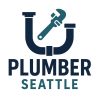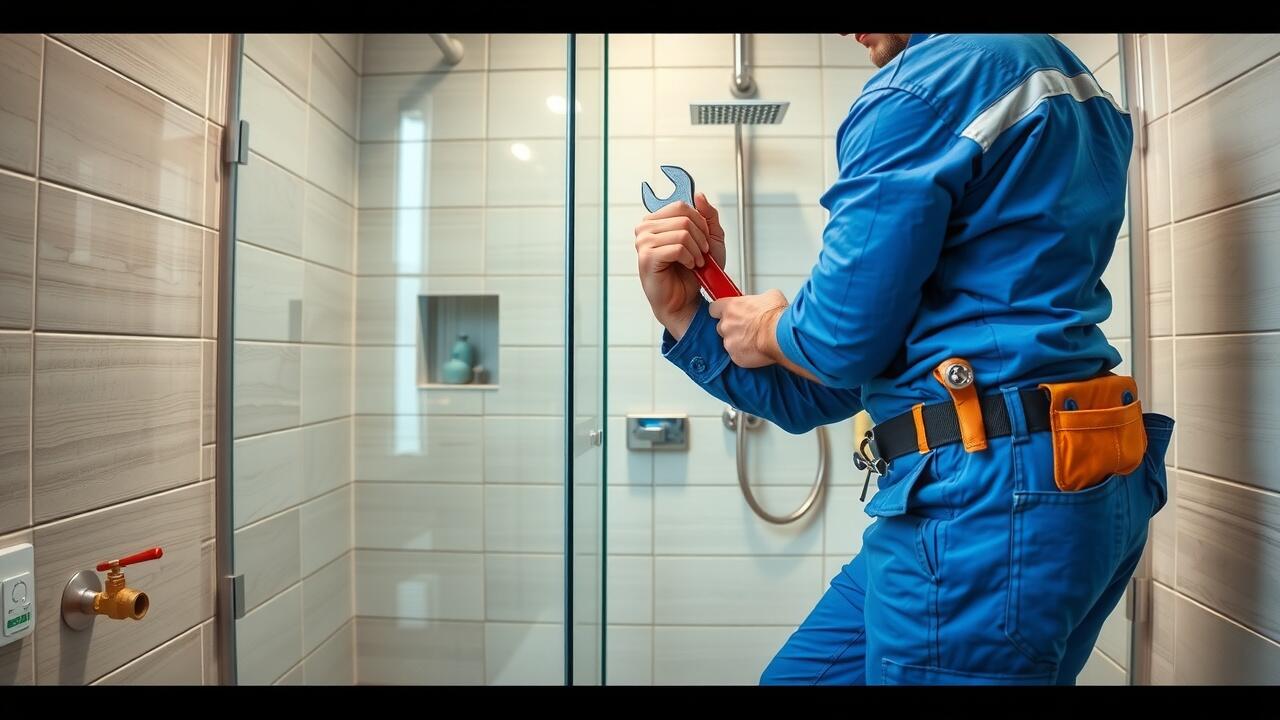Plumbing Considerations
When planning for shower installation and repair, assessing the existing plumbing is crucial. The condition of your current pipes can significantly influence the overall cost. Older plumbing systems may require updates or repairs to support a new shower, leading to additional expenses. Identifying potential leaks or corrosion early can prevent costly surprises later in the process.
Water pressure is another vital consideration. Inadequate pressure can affect shower performance and may require the installation of a pressure booster or adjustments to existing plumbing. It’s essential to ensure that the water supply lines can handle the new fixture’s demands. Proper evaluation of these factors can provide a clearer understanding of both immediate and long-term costs associated with the project.
Existing Plumbing Issues
When considering shower installation and repair, it’s essential to assess the existing plumbing system. Problems such as leaks, corrosion, or outdated pipes can significantly impact the overall cost of the project. If any issues are found, repairs may need to be addressed before the new shower can be installed. This preliminary inspection can uncover hidden problems that require immediate attention, potentially adding to the project’s timeframe and cost.
In addition, the condition of the current drainage system should not be overlooked. A faulty drain may lead to water backup, affecting the shower’s performance and increasing the risk of water damage in the surrounding areas. Addressing such plumbing challenges ensures that the new installation functions efficiently and adheres to local building codes, providing a reliable and long-lasting solution.
Materials and Fixtures Selection
When selecting materials and fixtures for your shower installation and repair, it is crucial to consider both functionality and aesthetics. Many homeowners opt for durable options like ceramic tiles, acrylic, or fiberglass, each offering distinct advantages. Ceramic tiles come in various designs and colors, allowing for customization, while acrylic fixtures tend to be lightweight and easy to maintain. Fiberglass is often chosen for its seamless installation and affordability.
Additionally, the choice of fixtures such as faucets, showerheads, and valves can significantly impact the overall cost of installation. High-quality fixtures may have a higher upfront price but can provide better performance and longevity. Water efficiency is another consideration; choosing fixtures that conserve water can lead to savings on utility bills in the long run. Ultimately, balancing quality with budget is key to making the right selections for your shower project.
Cost Variability by Material
The cost of materials used in shower installation and repair can significantly impact the overall expense of the project. Basic materials such as acrylic or fiberglass can be more economical, making them popular choices for budget-conscious homeowners. On the other hand, high-end options like natural stone or custom tiles often come with a steeper price tag, reflecting their durability and aesthetic appeal. Homeowners should consider not only the upfront costs but also the long-term value and maintenance of the materials they choose.
In addition to the primary materials for the shower enclosure, other components like faucets, showerheads, and drainage systems contribute to the final cost. These fixtures come in a wide range of styles and prices, from basic models to luxurious high-tech solutions. Investing in quality components may raise the initial expenses but could lead to better performance and longevity, which is important for both shower installation and repair. It’s advisable for homeowners to set a budget that accounts for both materials and fixtures to ensure they achieve their desired look without overspending.
Labor Costs
Labor costs play a significant role in the overall expense of shower installation and repair. Professional plumbers typically charge either a flat fee or an hourly rate, depending on the complexity of the job and the market rates in your area. Basic installations may require fewer labor hours, while intricate designs or major renovations will increase the amount of time needed, and subsequently, the labor costs.
In addition to the initial installation, any complications arising during the process can further impact labor expenses. If existing plumbing systems require upgrades or repair, this will add to the overall labor cost. It is important to obtain detailed estimates that outline both installation and potential repair needs, as unforeseen issues can often arise in older homes, affecting the total price significantly.
Regional Price Differences
Regional price differences significantly influence the overall costs associated with shower installation and repair. Urban areas typically see higher labor and material expenses due to increased demand and living costs. Suburban or rural regions, although potentially more affordable, can still face variability based on local market conditions and availability of skilled labor.
When considering the cost for shower installation and repair, it’s essential to account for these regional variations. For instance, cities with a booming construction industry may drive prices up, while areas with fewer contractors may offer competitive pricing. Homeowners should research local quotes and compare pricing structures to ensure they are making informed decisions tailored to their location.
FAQS
What is the average cost to install a shower?
The average cost to install a shower typically ranges from $1,000 to $5,000, depending on various factors such as materials, fixtures, and labor costs.
Are there additional costs to consider when installing a shower?
Yes, additional costs may include plumbing modifications, electrical work for lighting, and any potential repairs to existing plumbing issues that need to be addressed prior to installation.
How do materials affect the cost of shower installation?
The choice of materials significantly impacts the overall cost. For example, basic fiberglass units are generally less expensive than custom tile showers, which require more labor and materials.
Do labor costs vary by region for shower installation?
Yes, labor costs can vary widely by region. Urban areas tend to have higher labor rates compared to rural locations, so it’s important to get quotes from local contractors.
Can I save money on shower installation by doing it myself?
While DIY installation can save on labor costs, it’s important to have the right skills and tools. Inexperienced homeowners may face higher costs in repairs or complications if the installation is not done correctly.
Related Links
Shower installation and repair SeattleWA, Washington
What is the average cost of a new shower installation?
How much should I pay for a shower installation?
How much does it cost to repair a shower?

